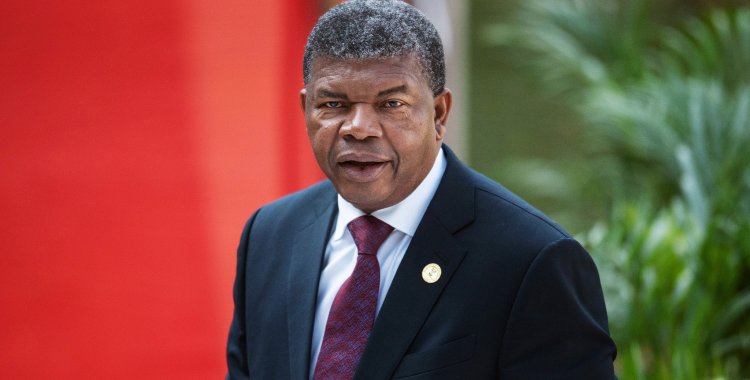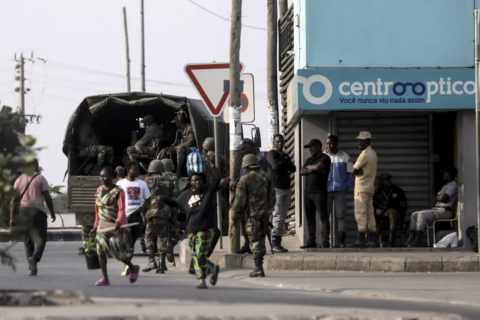On September 1, the National Assembly approved the Law of Amendment to the Law of Official Electoral Registration, which the President decided to promulgate, and the Law of Amendment to the Organic Law on General Elections, which João Lourenço vetoed.
The President of the Republic wants the National Assembly to review "some matters with the aim of strengthening, in some areas, the instruments that ensure greater equality among competitors, healthy competition, smoothness and electoral truth, within the framework of the permanent implementation of the democratic rule of law".
Last year, João Lourenço had already used this prerogative to ask the National Assembly to review specific articles of the Penal Code, mainly related to crimes committed in the exercise of public functions.
The National Assembly unanimously approved the draft bill amending the unofficial voter registration law, which should allow for an increase in the voter base, with 176 votes in favor, none against, and no abstentions.
The bill amending the general election law was approved in its entirety, with votes against by the opposition, which considers the document to be a "law of electoral fraud".
The bill to amend the organic law of general elections was approved with 126 votes in favor, from the Popular Movement for the Liberation of Angola (MPLA, in power), 52 votes against and one abstention during the 12th extraordinary plenary meeting of the National Assembly.
The political parties in the opposition called on the President, João Lourenço, not to promulgate the law that changes the organic law of the general elections because it contains norms that "attack the transparency of the elections".
For the parliamentary opposition, "in the name of peace, political stability, true democracy and Angola's credibility at the world level, the holder of executive power and President of the regime should not enact this law."
"And that he brings it back to the parliament, as he did with the Penal Code, to purge from it everything that threatens the transparency of the elections," the opposition asks.
The legislative initiative resulted from the merger of amendment bills proposed by the parliamentary groups of the MPLA and the National Union for the Total Independence of Angola (UNITA).
The parliamentary groups of UNITA, the Convergência Ampla de Salvação de Angola - Coligação Eleitoral (CASA-CE), the parliamentary representation of the Partido de Renovação Social (PRS) and the group of deputies not integrated in any parliamentary group considered the referred law as the "law of electoral fraud or corruption".
"Because it (the law) eliminates or reduces the control mechanisms for electoral transparency and turns into law the practices that sustain fraud. The regime's electoral law facilitates multiple voting, because voters are not checked off the voter rolls in real time and it allows hundreds of thousands of people to vote before election day," reads the joint statement.
According to the opposition, the regime's "electoral law legalizes unequal voting" because it "allows competing parties to be confused with the state, does not guarantee equal access of competitors to the use of public resources, and reduces the presence of inspectors at polling stations."
The opposition "rejects the proposal to guarantee the unity of the vote and the integrity of the voter's identity through the availability of a simple computer application at polling stations with the biometric data of voters in each province."
What happened Wednesday in parliament, the opposition says, "was not a simple fact of voting on a law, nor was it a mere disagreement between the people's elected deputies."
It was "an act of betrayal of the homeland an act of aggression against the foundations of the Republic of Angola, an act of subversion of democracy to prevent the free, universal, and equal exercise of popular sovereignty. An illegitimate act, despite being legal", considers the opposition.
The parties also understand that Angola "needs to be freed from bad governance and the rule of law needs to be rescued. Democracy will free Angola and Angolans will rescue the State."
"And when we said the angolans, we included, of course, the leaders and the militants of the regime who are also gagged and are prisoners of the corrupting and corrupting system that the regime installed in Angola," they note.
"There is only one way we can do that. It is the union of the patriotic forces to defeat tyranny and bad governance. It is the union of democratic forces before, during, and after the 2022 elections," they also state in their joint position.
The next general elections in Angola are scheduled for 2022.







